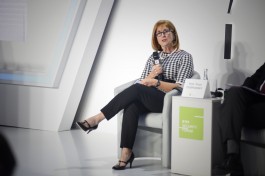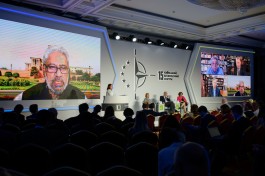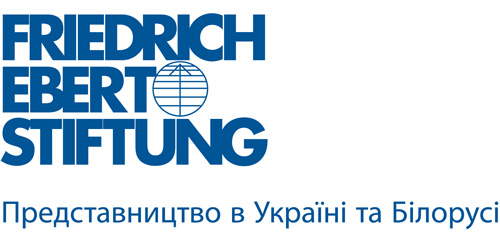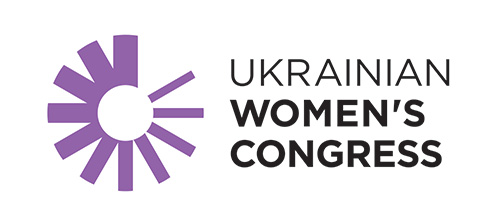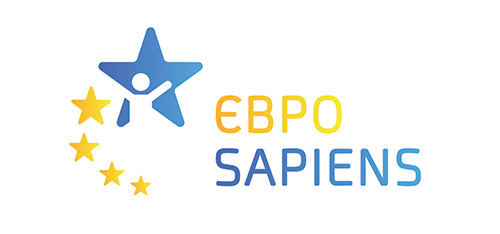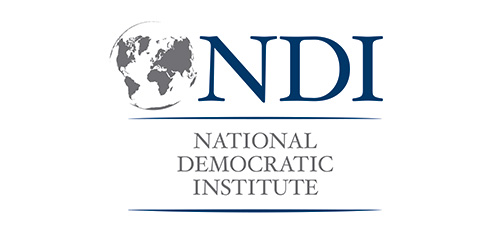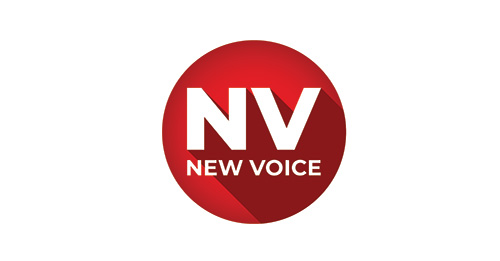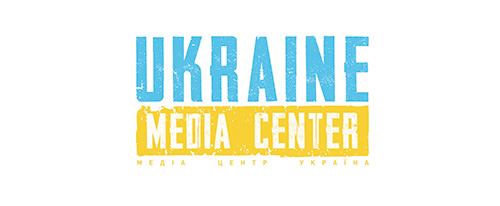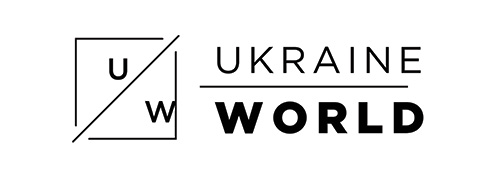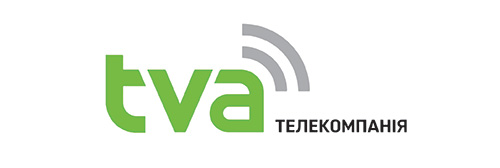Ivan HORODYSKYY: WHOM SHOULD I CALL TO SPEAK TO EUROPE? ROLE STRUCTURE FOR EUROPEN UNION SECURITY ISSUES
In its mythological and geographical meanings the word ‘Europe’ had already been known in the ancient world. The word ‘Europeans’ however, was first used only in the VIII century by bishop Isidorus Pacensis, the chronicler of that period. Describing the victory of Franks under Mayor of the Palace Charles Martel over Saracen troops at the Battle of Poitiers, he called the king and his warriors Europeans (europeenses). More than a thousand years later Sir Winston Churchill would say that it had determined the destiny of Europe, having pointed out that had it not been for this victory, Oxford students would study the Quran.
Ivan HORODYSKYY, Head of Scientific Society of Students and Post-Graduates, Faculty of International Relations, Ivan Franko Lviv National University
WHOM SHOULD I CALL TO SPEAK TO EUROPE? ROLE STRUCTURE FOR EUROPEN UNION SECURITY ISSUES
In its mythological and geographical meanings the word ‘Europe’ had already been known in the ancient world. The word ‘Europeans’ however, was first used only in the VIII century by bishop Isidorus Pacensis, the chronicler of that period. Describing the victory of Franks under Mayor of the Palace Charles Martel over Saracen troops at the Battle of Poitiers, he called the king and his warriors Europeans (europeenses). More than a thousand years later Sir Winston Churchill would say that it had determined the destiny of Europe, having pointed out that had it not been for this victory, Oxford students would study the Quran.
It is symbolic that the term ‘Europeans’ appeared due to the event that had everything to do with the security and future of Europe. Nevertheless, the emergence of ‘Europeans’ had not yet signified the appearance of European identity. Born at Poitiers, Europeans have been seeking unity for many a century, both on the gory battlefields and at the round tables. The unity that would allow them to stand up to threats like the one that their grandsires had withstood.
It was only in the XX century when according to Oswald Spengler the decline of the West began that this unity was finally found and resulted into the shaping of European identity. Establishment of the European Coal and Steel Community in 1951 was the first fruit of European integration.
In the successive 60 years the integration proved to be successful economically, monetarily and politically – the European Union was established. Security sphere, however, continues to remain the issue that is usually given a wide berth by European policy makers in their commentaries and statements. Unfortunately, so far it seems that development of efficient security policy instruments for the EU is the challenge of the future.
In my opinion, here we face a number of factors. First of all, defence and security agenda is the aspect of integration where the member states are least willing to lose their sovereignty. Despite ample evidence that euro integration is deeply rooted in the national sovereignties of EU countries, the idea that European Union would obtain the right (not to speak of the monopoly) to own armed forces and security agenda is intolerable for the absolute majority of the EU member states.
Secondly, European countries are too devoted to the concept of collective security system established after World War Two. They are quite satisfied with political and military responsibilities and mechanisms within the North Atlantic Alliance and EU security blanket. This factor significantly decelerates development of the idea for implementation of the effective security system within the European Union.
Thirdly and finally, in the case of EU ‘security’ is viewed somewhat narrowly i.e. in military, political, law enforcement and partially economic and energetic aspects. However, it is obvious that in the context of the ХХІ century the issue of security is also the issue of various foreign fields such as information, culture, etc. However, difficulties in the development of European security policy instruments in the more ‘conventional’ spheres put brakes on the development of respective instruments in the new fields as well.
So far, it seems clear that the notion of ‘European security system’ remains pretty much shapeless. Being an international actor, in the event of a crisis or conflict the EU exercises rather declaratory functions, whereas particular actions remain the jurisdiction of individual member-states, which often pursue a somewhat opposed policy. The perfect example is the 2003 campaign against Iraq.
Thus, the answer to the question ‘Whom should I call to speak to Europe?’ will be that today there is no point in appealing to the EU in the event of a threat. For the time being the EU cannot offer effective implementation arrangements in the field of security save for the political ones of a compromise nature as opposed to its own member states. Ironically, as far as security sphere is concerned, the EU member states have much more authority than the system (European Union) itself.
These issues cannot wait for another 60 years to be settled. Conflicts tend to unfold and develop way faster these days than in the Middle Ages. That is why Europeans have to provide for safeguards and security instrumentation as quickly as possible. European identity has to be demonstrated not only in terms of common currency, flag and institutional arrangements, but also in terms of the capacity to effectively address threats.
Besides, the EU has to understand that Europe does not end on the frontiers of Schengen area. Europe’s political and security space covers countries including Ukraine that are currently outside the EU. However, it is often the case that events outside the European Union are of more importance to the security of the EU and its member states than its internal affairs.
Unfortunately, it seems the EU is not yet ready to understand this. Its stand on many foreign policy and security issues is over-reliant on the opinion of 27 member states, or at least the most influential six or seven of them. It should be noted that their position is sometimes too self-centred and takes no account of either pan-European or EU interests. This is strongly exemplified in the never-ending Russia and Ukraine gas crisis, where the stance declared by the EU is very much reliant on the current tone of relationships between its individual member states and Russia.
Almost one thousand three hundred years ago ‘Europeans’ were born in the battle where they unknowingly obtained their future identity and civilisation. Today, however, the question of whether the living Europeans are able to repeat the gallant deed of Charles Martel remains open…


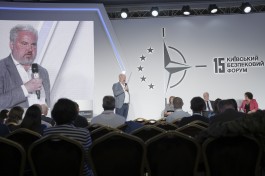
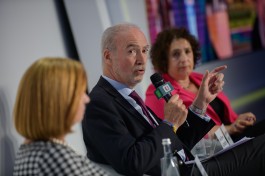
-tmb-265x176.jpeg)
